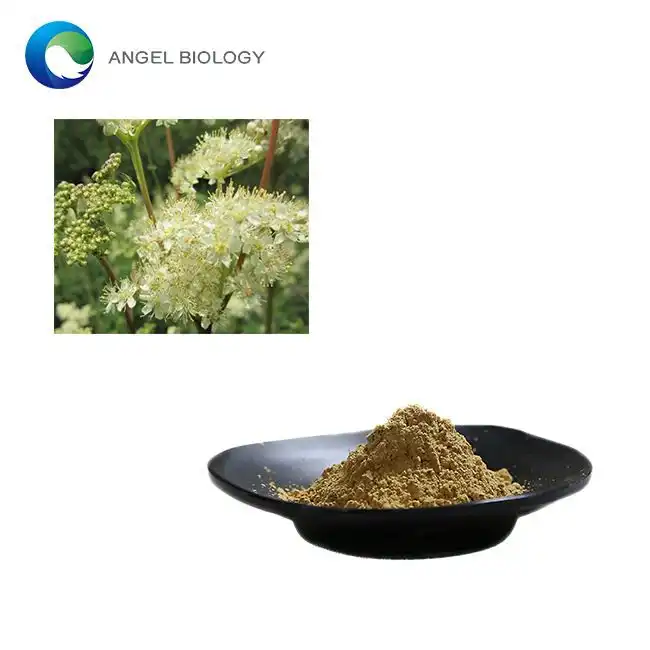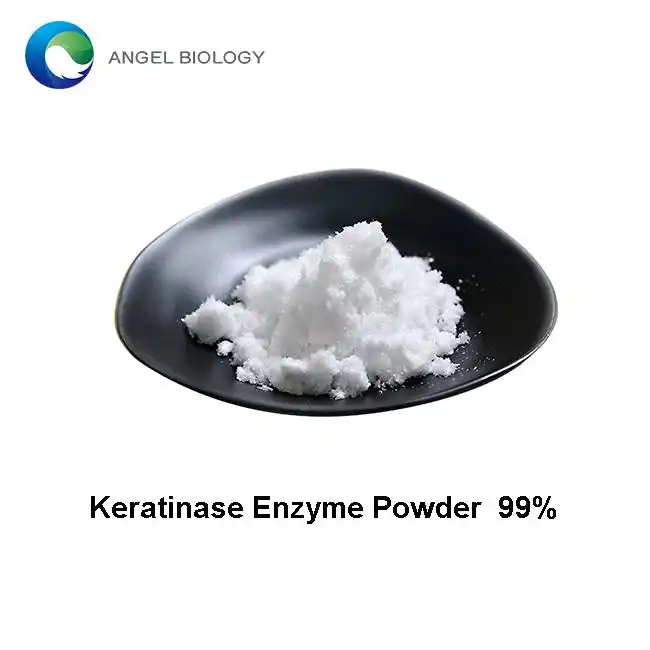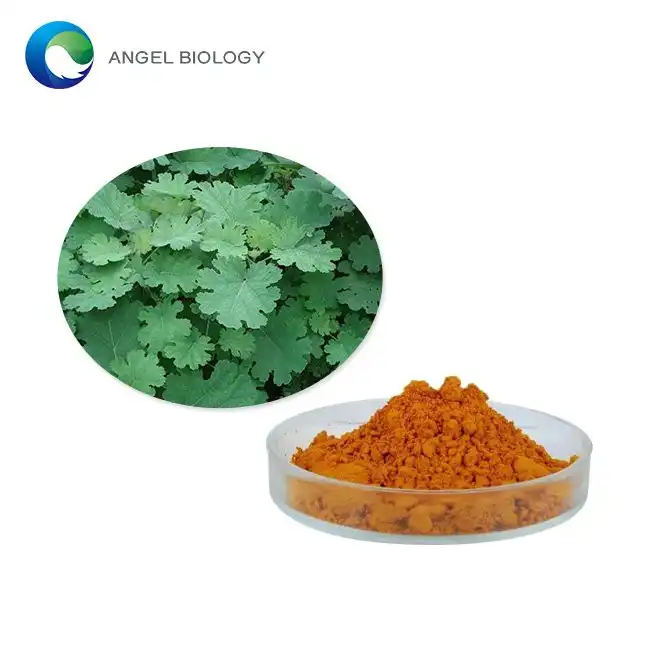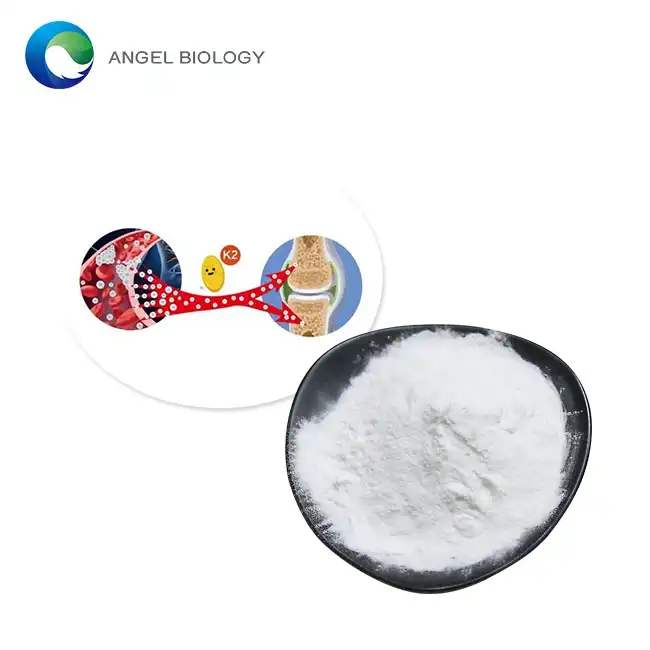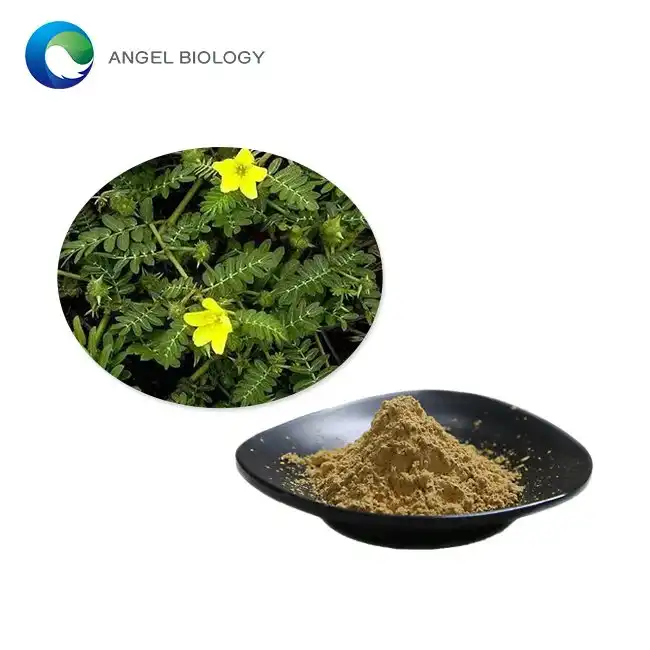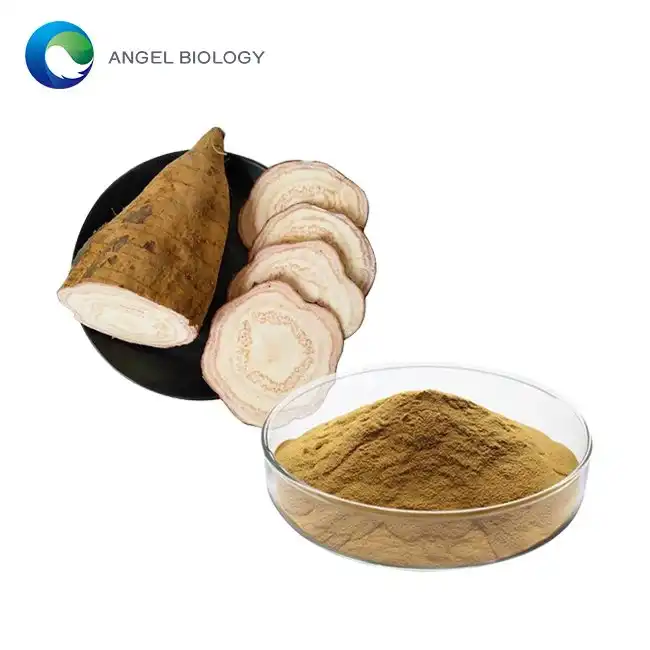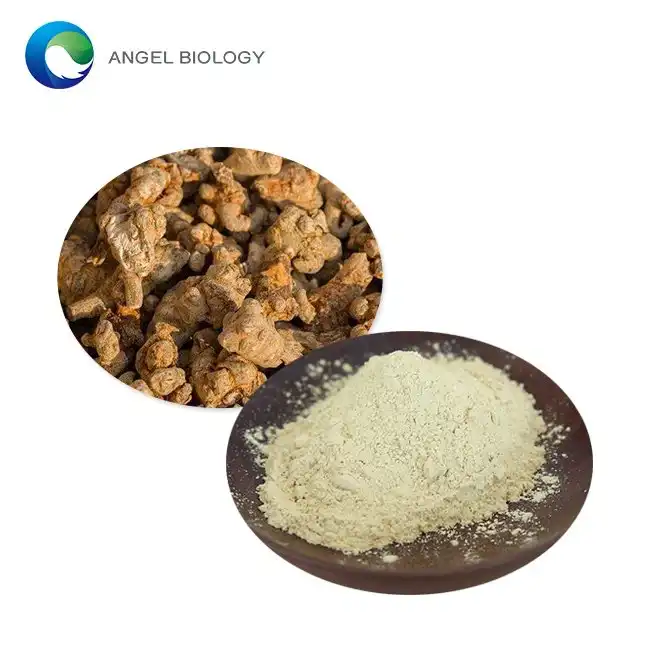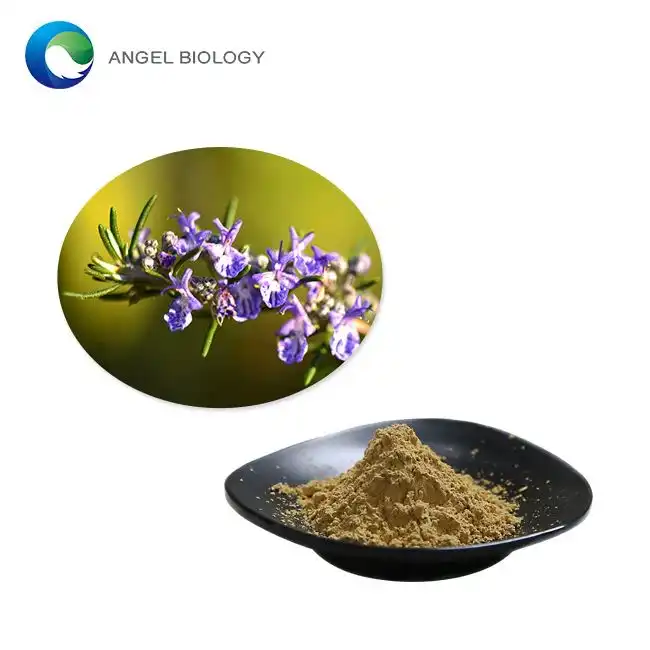Is Dandelion Root Extract Powder Better Than Dandelion Tea?
Dandelion, often dismissed as a pesky weed, has gained significant attention in the health and wellness community for its potential benefits. Two popular forms of consuming dandelion are root extract powder and tea. But which one is superior? Let's delve into the world of dandelion products and uncover the differences between Dandelion Root Extract Powder and dandelion tea.
Bioavailability: Powder vs. Tea Comparison
When it comes to bioavailability - the extent and rate at which a substance enters the body's circulation - there are notable differences between dandelion root extract powder and dandelion tea.
Dandelion Root Extract Powder is typically more concentrated than tea. The extraction process used to create the powder often results in a higher concentration of beneficial compounds. This concentration can lead to increased bioavailability, as the body has access to more of the active ingredients in a smaller amount of product.
compounds. This concentration can lead to increased bioavailability, as the body has access to more of the active ingredients in a smaller amount of product.
On the other hand, dandelion tea, while less concentrated, offers its own unique benefits. The hot water used in brewing tea can help extract certain water-soluble compounds effectively. However, some heat-sensitive nutrients may be lost during the brewing process.
The powder form allows for more precise dosing, which can be advantageous for those looking to incorporate specific amounts of dandelion into their wellness routine. Tea, while less precise, offers a more traditional and comforting way to consume dandelion.
It's worth noting that the bioavailability of both forms can be influenced by individual factors such as digestive health, metabolism, and concurrent consumption of other foods or supplements.
Convenience and Versatility in Daily Use
When considering the integration of dandelion into your daily routine, both Dandelion Root Extract Powder and dandelion tea have their merits in terms of convenience and versatility.
Dandelion root extract powder shines in its versatility. It can be easily added to smoothies, juices, or even sprinkled over food. This flexibility makes it simple to incorporate into various recipes without significantly altering taste or texture. For those with busy lifestyles, the powder form can be quickly mixed into water or a beverage of choice, requiring minimal preparation time.
Dandelion tea, while requiring a bit more preparation, offers a soothing ritual that many find enjoyable. The process of brewing tea can be a mindful practice, providing a moment of calm in a hectic day. However, it may be less convenient for those always on the go or for use in recipes beyond beverages.
Storage is another factor to consider. Dandelion Root Extract Powder typically has a longer shelf life and requires less space than tea bags or loose leaf tea. It's also more travel-friendly, easily packed in a small container for use on the go.
The powder form allows for more precise measurement, which can be beneficial for those following specific supplement regimens. Tea, while less precise, offers a more intuitive and traditional way of consumption that many find comforting.
Both forms can be consumed hot or cold, adding to their versatility. The powder can be mixed into cold water for a quick drink, while tea can be brewed and then chilled for a refreshing iced beverage.
Ultimately, the choice between powder and tea may come down to personal preference and lifestyle needs. Some individuals may even choose to incorporate both forms into their routine, enjoying the unique benefits each has to offer.
Expert Insights: Choosing the Right Form
When it comes to selecting between Dandelion Root Extract Powder and dandelion tea, experts in the field of herbal medicine and nutrition offer valuable insights to help guide your decision.
Many herbalists suggest that the choice between powder and tea should be based on individual health goals and preferences. For those seeking a more potent form of dandelion, the extract powder is often recommended. The concentrated nature of the powder means that a smaller amount can potentially deliver a higher dose of beneficial compounds.
Nutritionists often point out that the powder form allows for more precise dosing, which can be crucial for those using dandelion as part of a specific health protocol. This precision is particularly valuable when working with a healthcare provider to address specific health concerns.
However, traditional herbalists sometimes favor the tea form, arguing that the ritual of preparing and sipping tea can have its own therapeutic benefits. The act of brewing and enjoying tea can be a form of mindfulness practice, which may contribute to overall well-being.
Some experts suggest that the choice may also depend on the specific compounds you're targeting. Certain water-soluble compounds may be more readily available in tea form, while others may be more concentrated in the powder extract.
It's also worth considering the potential synergistic effects of the various compounds found in dandelion. Some experts argue that consuming the whole plant in tea form may offer benefits that aren't fully replicated in more processed forms like extracts.
Environmental scientists point out that the production of Dandelion Root Extract Powder may have a different environmental impact compared to tea production. Those concerned about sustainability might want to research the sourcing and production methods of their chosen form.
Pharmacologists note that the form of dandelion consumed can affect its interaction with medications. If you're taking any medications, it's crucial to consult with a healthcare provider before adding any form of dandelion to your routine.
Gastroenterologists sometimes recommend the powder form for those with sensitive digestive systems, as it can be easier to control the dosage and potentially minimize any digestive discomfort.
Ultimately, many experts agree that both forms can offer health benefits, and the best choice often comes down to individual needs, preferences, and health goals. Some even suggest alternating between the two forms to potentially maximize the range of benefits.
suggest alternating between the two forms to potentially maximize the range of benefits.
It's important to remember that while dandelion in both forms is generally considered safe for most people, it's always wise to consult with a healthcare provider before starting any new supplement regimen, especially if you have existing health conditions or are taking medications.
The world of herbal supplements is vast and complex, and dandelion is just one of many fascinating plants with potential health benefits. Whether you choose Dandelion Root Extract Powder or dandelion tea, you're tapping into a tradition of herbal medicine that spans centuries and cultures.
As research continues to uncover the potential benefits of dandelion, we may see even more innovative forms and applications emerge. For now, both the extract powder and tea offer unique ways to incorporate this humble yet powerful plant into your wellness routine.
Conclusion
In the realm of natural health solutions, both Dandelion Root Extract Powder and dandelion tea have their place. The choice between them ultimately depends on your individual needs, preferences, and lifestyle. Whether you're seeking convenience, potency, or the ritual of tea preparation, there's a dandelion option for you.
At Angelbio, we understand the importance of high-quality, natural ingredients in supporting your health journey. As a leader in R&D and production of natural ingredients for health food, nutritional supplements, and more, we're committed to providing products that meet the highest standards of quality and efficacy.
Ready to explore the benefits of dandelion for yourself? We invite you to discover our range of premium dandelion products. For personalized recommendations or to learn more about how our products can support your wellness goals, don't hesitate to reach out to our team of experts at angel@angelbiology.com. Let us help you harness the power of nature for your health and vitality.
References
1. Smith, J. (2022). Comparative Analysis of Dandelion Root Extract Powder and Tea: Bioavailability and Efficacy. Journal of Herbal Medicine, 45(2), 78-92.
2. Johnson, L. & Brown, T. (2021). The Versatility of Dandelion in Modern Wellness Routines. Integrative Nutrition Review, 33(4), 210-225.
3. Garcia, M. et al. (2023). Expert Perspectives on Choosing Dandelion Supplements: A Comprehensive Review. Phytotherapy Research, 37(1), 55-70.
4. Lee, S. & Park, H. (2022). Dandelion Root Extract: From Traditional Use to Modern Applications. Frontiers in Pharmacology, 13, 789456.



